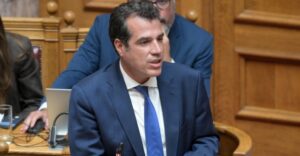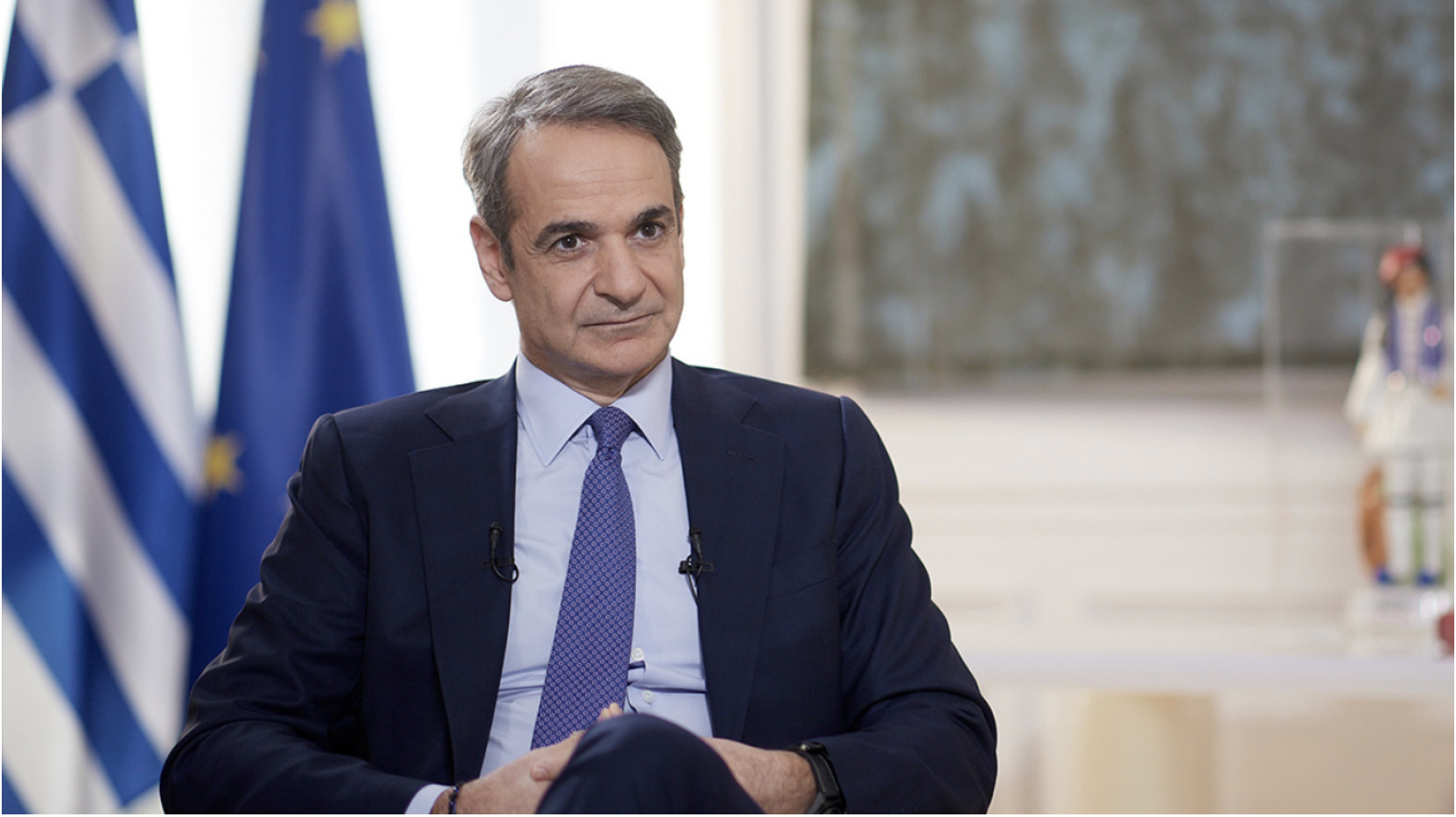Ankara seeks to exploit the alliance with Baku to strengthen its foothold in the region in a bid to restore the Ottoman Empire and merge the Turkic States of Central Asia into a seamless logistics space with common armed forces.
Direct involvement of Turkish military and Syrian mercenaries in the Nagorno-Karabakh conflict on the side of Azerbaijan marked the peak of the pan-Turkism policy aggressively pursued by the Turkish leader Recep Erdogan and his ruling Justice and Development Party to extend Ankara’s influence to the Turkic States of Southern Caucasus and Central Asia regions. “We celebrate this glorious victory here today. But Azerbaijan’s liberation of its lands from occupation does not mean that the struggle is over. The struggle, which is waged in the political and military spheres, will continue on many other fronts,” Erdogan said during the victory parade in Baku last December after the signature of a peace agreement that cemented the end of hostilities in Nagorno-Karabakh. Thus, he unequivocally confirmed Turkey’s readiness to secure its geostrategic interests by all kinds of means, including military force.
Turkey plans to reach the moon in 2023, Erdogan says
Jesus was Greek, not Jewish, explosive Amazon documentary says
Inciting ethno-religious conflicts
Erdogan’s ominous mention of the “other fronts” provides an insight into the very essence of the foreign policy of today’s Turkey that is trying to regain its former grandeur by using all openings in the turbulence created by the crumbling unipolar world order led by the United States. The disintegration processes in Europe and the diminishing role of world powers, which had previously prevented Ottoman ambitions from transcending national borders, gave Turkey a green light for geopolitical revenge. However in order to restore its regional leadership, Ankara chose rather dubious methods, including proliferation of political Islam and encouragement of separatist sentiments in countries with Turkic minorities.
Read more: Modern Diplomacy
Ask me anything
Explore related questions




